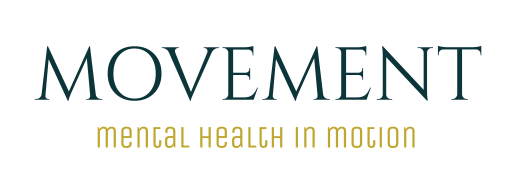"I'M NOT GOOD ENOUGH."
At some point, we have all probably thought this way. A lot of the time when we suffer from low self-esteem, depression, body image issues, self-doubt, or a number of other things, this is often a common thought. The good thing is that it is just a thought, and nothing more. It is not a fact, but a judgment made by ourselves that we have internalized due to past experiences and feedback from our environment.
We are not perfect, but beating ourselves up by saying “we are not good enough” doesn’t solve anything. Thinking and believing we are not good enough is not helpful and not healthy. It gets us no where and makes us feel worse. There is no clear definition of what is “good enough”. How would we even put a definition on “good enough”. There is no definition because it’s subjective. What is “good enough” to some may not be to others, and if we keep measuring ourselves on what we think is “good enough”, we will be caught in a web of always feeling inadequate.
So how do we start to change our thoughts and start believing we are enough; enough to feel loved, to feel good, to feel worthy?
- Stop fighting “what is”. When we start trying to control things we have no control over, we feel more out of control and unhappy. If we can stop resisting and start accepting, we can start to focus on the things that we can control; ourselves and our actions.
- There is always something to be learned from failing. All mistakes and failures are learning opportunities. They allow us to grow and find new ways to succeed. If we accept mistakes when they happen our inner conflict quiets, and we can use our strengths to move forward.
- You don’t need approval from others. It’s great to hear nice things and have the approval from others, but we don’t need it. What good is approval from others if we ourselves don’t believe that we deserve it? It goes in one ear and out the other. Focus instead on what you need from yourself.
- You are stronger than you think. You have survived every worst day that you have ever had up until this point. That in itself makes you enough.
Sometimes we want to know more and identify what is left unresolved, ultimately answering the question, “When did I start thinking this way?”. Looking back to the past can help. It could be an isolated incident or a series of events. Either way, it can help you understand where the thought first came from and why you began internalizing it in the first place.
Start to do this by:
- Creating a timeline of major life events
- Keeping a journal
- Seeking support from a therapist to help you explore this further

